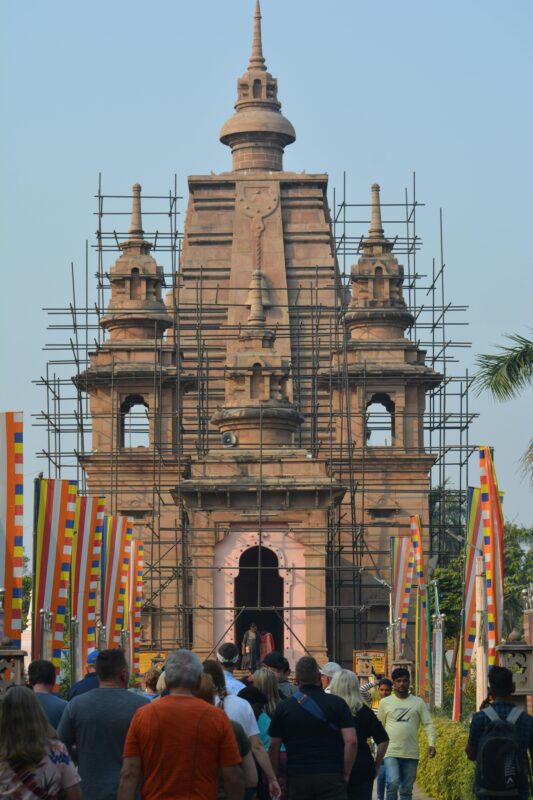In recent years, temples and religious institutions have been receiving more donations from foreign donors. Accepting donations from overseas can be a great way to support the growth and maintenance of temples, but it can also come with some challenges. In this blog post, we will provide a guide on how to accept donations from foreign donors and navigate the legal and financial requirements.
Why Accept Donations from Foreign Donors?
There are several reasons why accepting donations from foreign donors can be a great way to fund your religious projects. Here are some of the key benefits:
- Increased funding: By accepting donations from foreign donors, you can increase the amount of funding available for your religious projects.
- Diversify your donor base: By accepting donations from foreign donors, you can diversify your donor base and reduce your reliance on local donors.
- International exposure: Accepting donations from foreign donors can give your temple or religious cause international exposure, which can help raise awareness and attract more donors.
Understanding Legal and Financial Requirements
Registering for FCRA
The Foreign Contribution Regulation Act (FCRA) regulates the acceptance and use of foreign contributions in India. To accept donations from foreign donors, temples and religious institutions must register under FCRA. The application process can be time-consuming and requires submitting several documents, including a copy of the temple’s registration certificate and annual reports.
Opening a Bank Account
Once registered under FCRA, the temple or religious institution must open a designated bank account for foreign contributions. The account must be separate from the regular bank account, and all foreign donations must be deposited into this account.
Taxation and Reporting
All foreign contributions received by the temple or religious institution are subject to taxation. It is essential to consult a tax professional to understand the tax implications and ensure compliance with the law. Additionally, under FCRA regulations, temples and religious institutions must submit an annual report detailing the amount of foreign contributions received and how they were utilized.
Establishing Trust and Transparency
Communicating with Donors
Temple and religious institutions should communicate clearly with donors about the process of accepting foreign donations and the legal and financial requirements. Donors should be assured that their donations will be used for the intended purposes and in compliance with the law.
Ensuring Accountability
To establish trust and transparency, temples and religious institutions must maintain accurate records of all foreign contributions and how they were utilized. It is essential to have robust financial management systems and internal controls in place to ensure accountability.
Providing Feedback
Donors should be kept informed of how their donations are being utilized. Temples and religious institutions can provide feedback through newsletters, social media, or other communication channels. Regular communication helps build a lasting relationship with donors and ensures their continued support.
Tips for Receiving Donations from Foreign Donors
Accepting Donations Online Accepting donations online can be a convenient way to receive donations from foreign donors. Several online platforms allow temples and religious institutions to set up donation pages and receive payments securely.
Marketing and Promotion
Marketing and promotion are essential for reaching out to potential donors. Temples and religious institutions can use social media, newsletters, or online advertising to reach a wider audience. It is essential to showcase the work being done and the impact of the donations.
Acknowledging Donors
Acknowledging donors is a crucial part of building relationships and establishing trust. Temples and religious institutions can send personalized thank-you notes or hold events to show appreciation for the donations received.
Disclaimer: The information provided on this website is for general informational purposes only and should not be considered professional financial advice. We are not financial experts and do not provide personalized financial advice. Before making any financial decisions, we recommend that you consult a licensed financial advisor to ensure that the advice you receive is tailored to your specific needs and goals. We do not guarantee the accuracy, completeness, or suitability of the information provided on this website, and we are not responsible for any errors or omissions that may occur. By using this website, you agree to hold us harmless from any liability arising from your use of this website or any reliance on the information provided herein.





















Responses